- Krishna Bhusal
Globally, the number of children with autism is increasing. At the same time, its population in Nepal is also growing. Autism is thought to affect one to two percent of the world's population. According to the Center for Disease Control and Prevention, one out of every 59 newborns born has autism. In Nepal, there are no official data on autism, it is thought to have affected over 200,000 individuals in Nepal, according to experts.
Autism is a congenital disorder. It is a developmental disability caused by differences in the brain. Autistic people struggle with communication and social engagement. They are monotonous and repeatedly perform the same actions. Youngsters with autism love their own music, show little to no interest in human connection, and if anybody interferes with their interests, they may present themselves angrily or respond harshly.
What are the causes of autism in children, and what steps should be taken to make their life easier after they have been diagnosed?
Mr. Krishna Bhusal spoke with Dr. Asim Shrestha for Himalaya Times:
What is autism?
Autism is not an illness that develops in children. This is referred to as a neurodevelopmental condition since it impacts speech, behavior, and social relationships. Autism is difficult to diagnose since there are no medical tests, such as a blood test, to do so. To determine a diagnosis, doctors examine the child's developmental history and behavior. This is just a condition in which the mind cannot develop in a balanced manner throughout nervous system development for reasons that are yet to be recognized. The youngster develops habits, behaviors, and activities that are atypical of normal conduct. Autistic children frequently struggle with communication and interaction, as well as restricted or repetitive actions or interests. Every autistic individual appears differently in society. Nonetheless, this does not exclude them from functioning.
What kind of autism scenario has been observed in Nepal?
The number of autistic youngsters appears to be higher than ever before. In Nepal, there is no statistics on how much it has risen. According to global data, primarily it was one in a thousand, then it grew to one in a hundred, and today, the most recent study suggests that one in forty children has this disorder.
What causes autism?
Until now, autism has no single known cause. Yet, there are certain risk factors. High blood pressure and diabetes during pregnancy; early delivery of the baby; an underweight child at birth; if child does not cry immediately after birth; and any infections following the birth are some of such risks. If the parents are over the age of 35, their child may be born autistic. Genetic factors are thought to have a significant impact in autism. If no family history is identified, it is most likely the result of a genetic mutation. Numerous investigations on the autism gene are being conducted all around the world. It has also been discovered that some specific genes are found in people who has autism. Unfortunately, it is impossible to pinpoint the cause leading to autism. Our neighbor India also conducts research in autism. With the most recent data, around 270 genes have been discovered to be associated with autism. Similarly, research is being conducted to determine whether certain molecules are also responsible for autism or not.
What are the common symptoms of autism, and how can they be identified?
A typical sign, I have seen in my practice is the child's inability to communicate. According to family members, the child would have not talked in two to three years, despite the fact that he used to talk every now and then earlier. A youngster also avoids eye contact. If autistic children want something, they will indicate it with their hand. They are unconcerned with what is going on around them; they would rather be in their own world. They do not socialize with their friends.
When should a parent suspect their child has autism?
As previously said, the kid normally does not make eye contact with mother or the person with whom the infant is in close contact three to four months after delivery. As the year progresses, the youngster gradually avoids eye contact, plays to his own tune, and enjoys his own world.
Back to the initial topic, how can one detect this disorder?
It is recommended to engage in activities with the kid to identify the disorder; if the child is autistic, it will be extremely difficult to play with them since they are entirely engaged in themselves. Children with autism may exhibit repetitive activities such as rocking, flapping their hands, or spinning. They perform the same things again and over again, such as clapping when playing, laughing uncontrollably when joyful, shaking their heads if you sit in a chair, slamming their heads against the wall, and doing whatever they want. The young children face difficulty making eye contact, responding to their names, or showing interest in others. Similarly, if the child is lonely even when sent to school, does not play with friends, and ignores social activities, he or she may have autism.
Is it possible to determine whether a child has autism?
The clinical diagnosis will reveal everything. We must make a diagnosis based on the child's behavior because no medical testing can identify it. Autism can be discovered as early as 18 months of age. A diagnosis from an experienced professional can be regarded trustworthy by the age of two. Formerly known as autism, it is now more often recognized as autism spectrum disorder (ASD). ASD currently covers multiple previously identified conditions: autistic disorder, pervasive developmental disorder not otherwise specified (PDD-NOS), and Asperger syndrome. One or more symptoms may be present in children. Various numbers are assigned to various symptoms and their severity which helps in diagnosis of ASD.
What should parents do if their child is diagnosed with autism?
To begin with, parents are still finding it difficult to accept that their kid has autism. This delays going to the doctor. Parents frequently expect their child's physical development to improve on its own. If you suspect your kid has autism, seek help as soon as possible because early identification and intervention can have a big influence on your child's development.
What will be the treatment after diagnosis?
There are several therapy options available. These therapies can be classified as behavioral, developmental, psychological, or pharmacological, among others, however some involve more than one approach.
If the therapy is administered early, the effects are better. The treatment consists of around 90% therapy and 10% medication. Between three to four years, a child's brain grows to its maximum capability. As a result, it is recommended to begin therapy at that age to prepare him for life.
Where and how can I find such treatment?
The treatment for autistic child includes customized therapy from professionals who specialize in autism, such as speech therapists, occupational therapists, and behavioral therapists, who should be consulted. There are 6-7 institutions in Kathmandu that provide specialized therapists. In natural settings, therapists employ play, social exchanges, and shared attention to develop linguistic, social, and learning abilities.
Yet, we must keep in mind that progress takes time for young children, as therapists gradually monitor and assist your child's social abilities.
Is it impossible to treat autism?
Autism does not have a cure; we must accept it. Although no drug can prevent autism in children, early intervention and therapy can greatly help children with autism gain the abilities they need to live a normal life.
How can we make autistic children's lives easier?
Autism is categorized as mild, moderate, or severe in children. Mild, moderate youngsters may lead a regular life ahead. Whereas, individuals with severe symptoms may require physical assistance later in life. I believe that assistance from the government is also required. Autism is also associated with other issues. Children, for example, may be more playful, stubborn, and weak in their academics. Some youngsters require assistance even when they reach adulthood. If additional therapies, such as visual, occupational, and speech therapy, are applied correctly, they can be supported in their productive abilities. Parents are children's first teachers and have the most interaction with them. So, parents should get training on how to nurture and assist their autistic kid.
The number of autistic persons has lately grown. What measures do you feel are needed to bring this figure down?
Because the cause of autism is unknown, the measures to reduce its prevalence are equally uncertain. As previously said, if parents and families become aware and seek treatment as soon as possible, the number of autistic children undergoing therapy can be improved and growth can be slowed.
What are your suggestions for the government on this issue?
I come across two autistic youngsters out of every ten children in my OPD. Some people have modest symptoms, while others have obvious ones. The government must raise awareness and increase the number of quality therapeutic clinics. At the moment, the sole government hospital is Kanti Hospital. The service must be expanded to include the rest of the country. The government should set up rehabilitation institutions, treatment, and so forth. Therapists must be educated. The notion of a "shadow teacher" has been implemented in India; it must be adopted here as well. A shadow teacher is a teacher who travels wherever the youngster goes. It is necessary to provide counseling through counseling centers and train parents and teachers of children with autism at the government level.
What do you recommend the parents do?
Learn to accept it first. Gather more information about the disorder. If you notice any early signs of autism, talk to your child’s pediatrician. They can refer you to a specialist who can diagnose and treat autism. Create a supportive environment for your child at home and school. This may include making accommodations for sensory issues, providing a predictable routine, and finding ways to support your child’s social skills.
Finally, what are your overall opinions on the matter?
Several individuals have relocated to Nepal for their children's medical care. People with autism seem to be more at ease here than elsewhere. Early intervention can help an autistic youngster get back on track. The government must pay attention to the growing number of persons with autism. Their minds are frequently sharper than those of typical children. For example, if a normal youngster says "A" to "Z," they can reverse it to "A." Autistic persons may do miracles if their skills are recognized and appropriate assistance is offered. They have exceptional talent since they are repetitive and fully dedicated to their task.




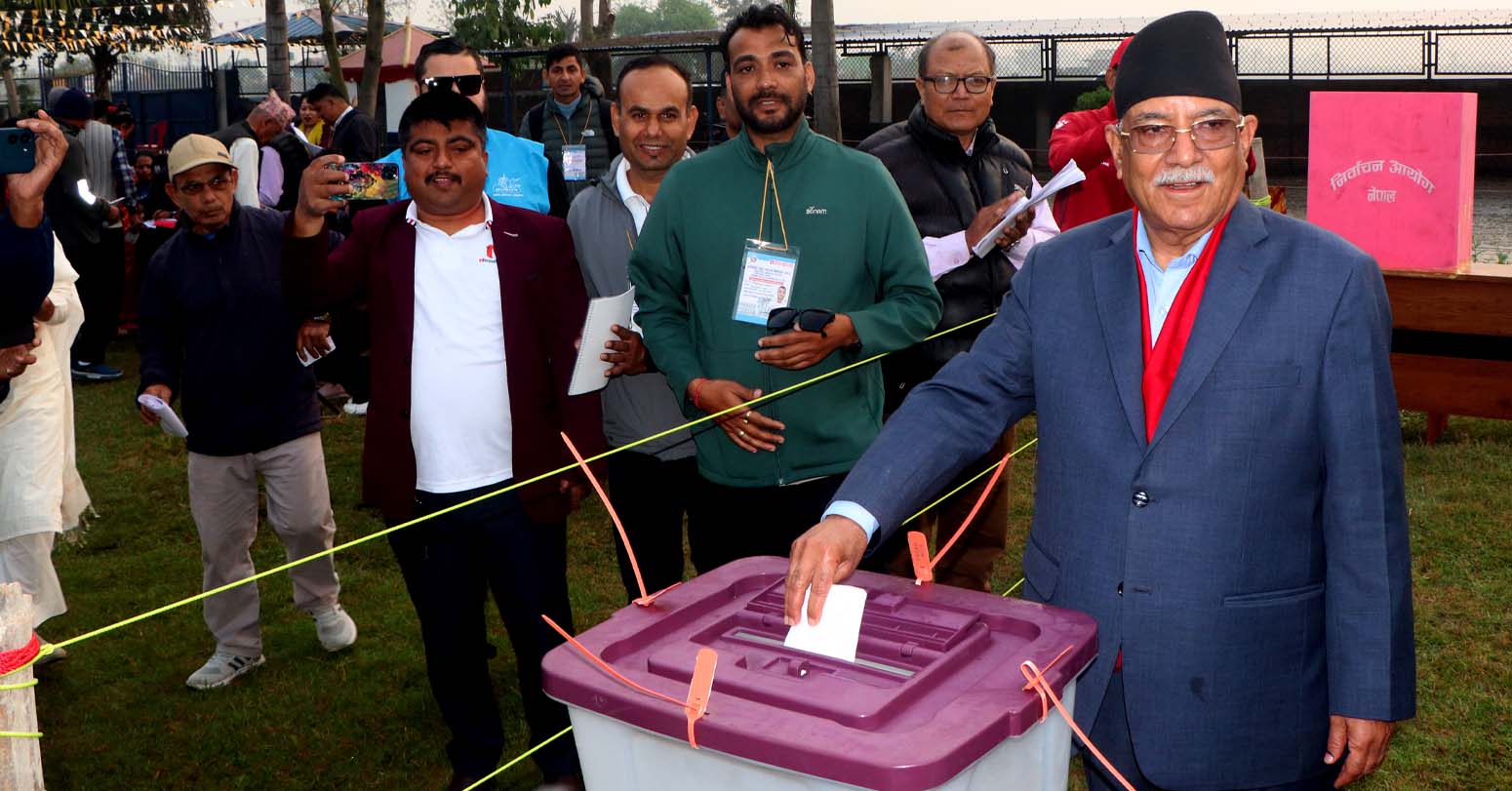

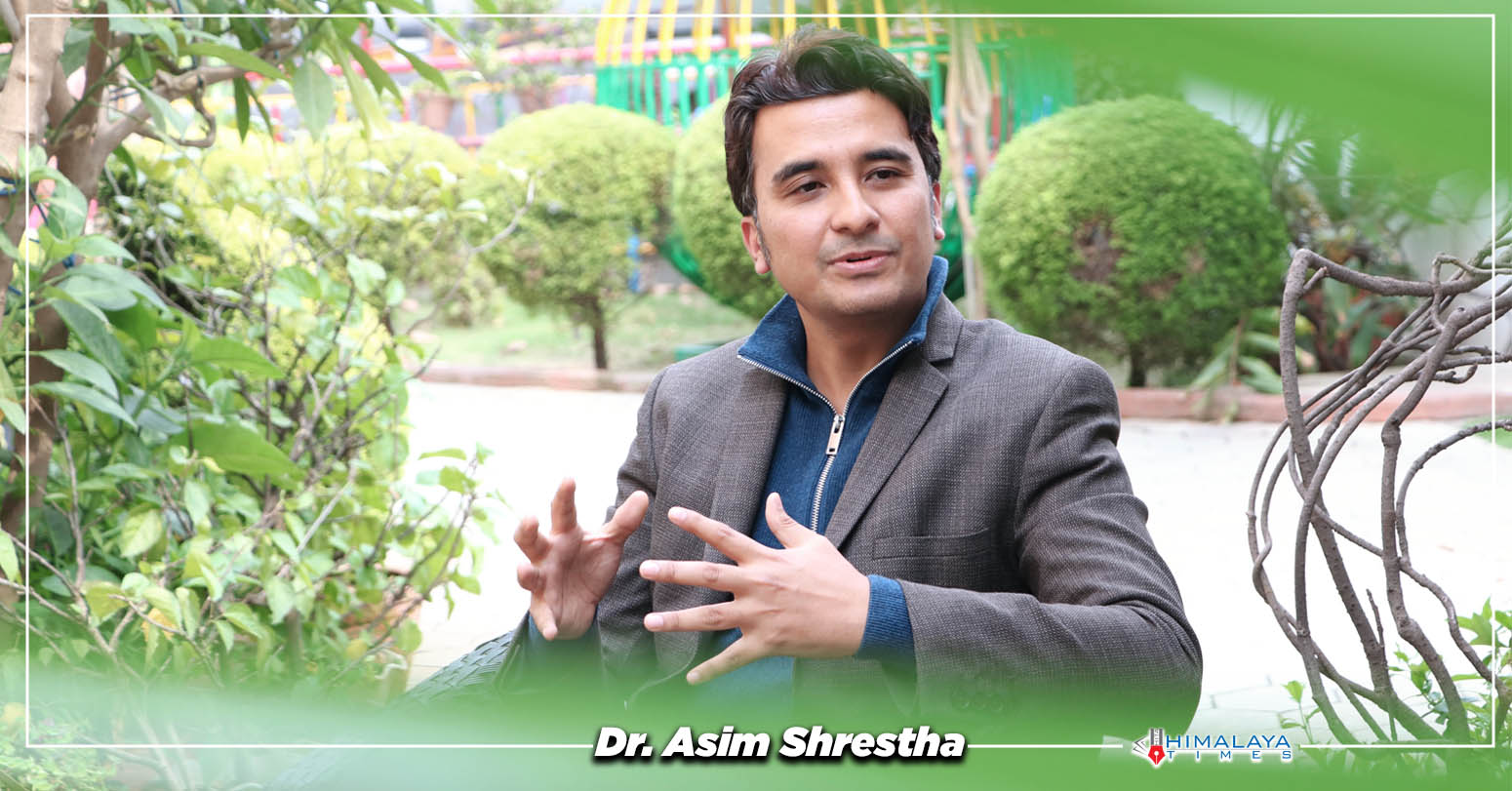


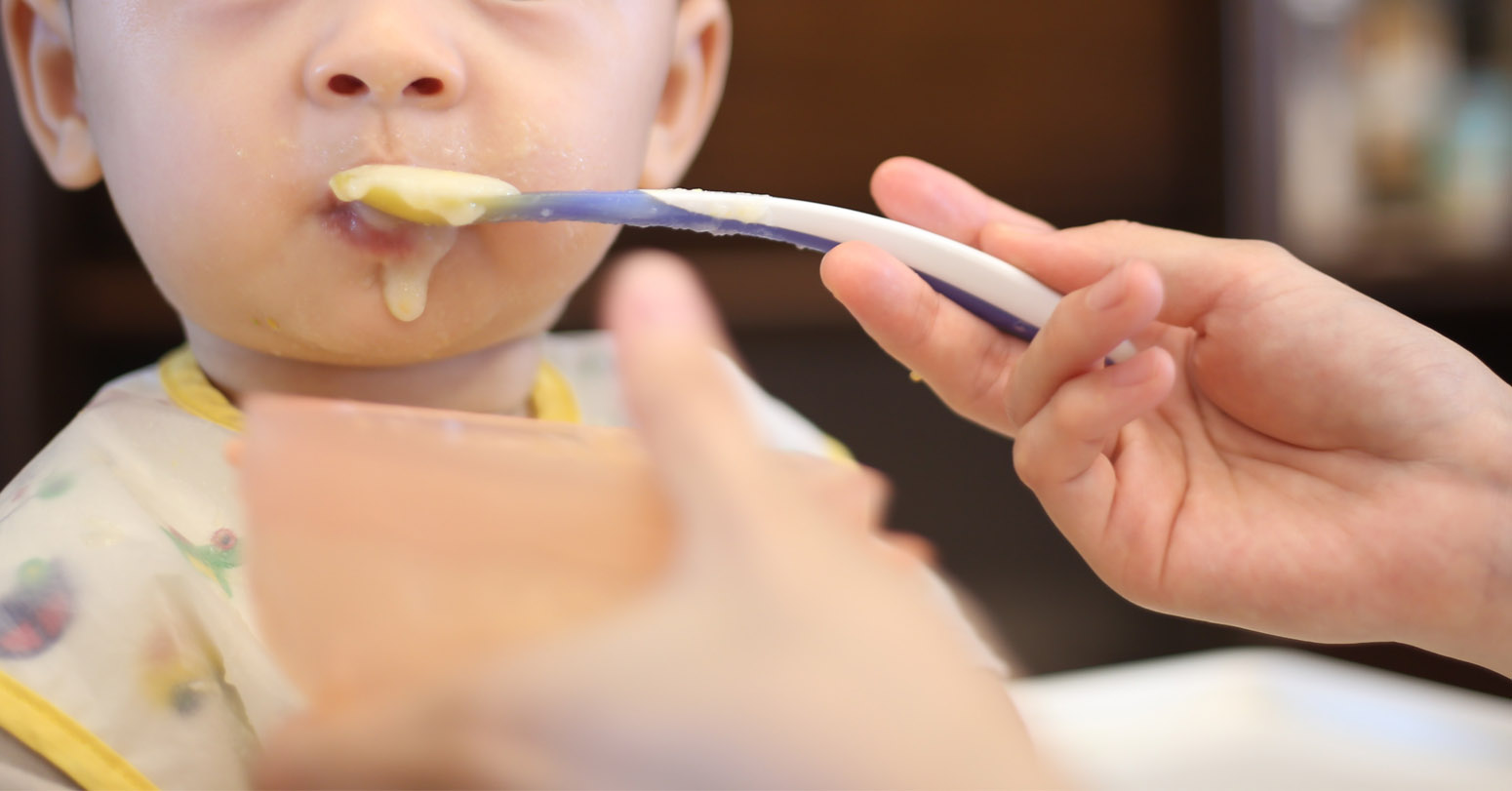
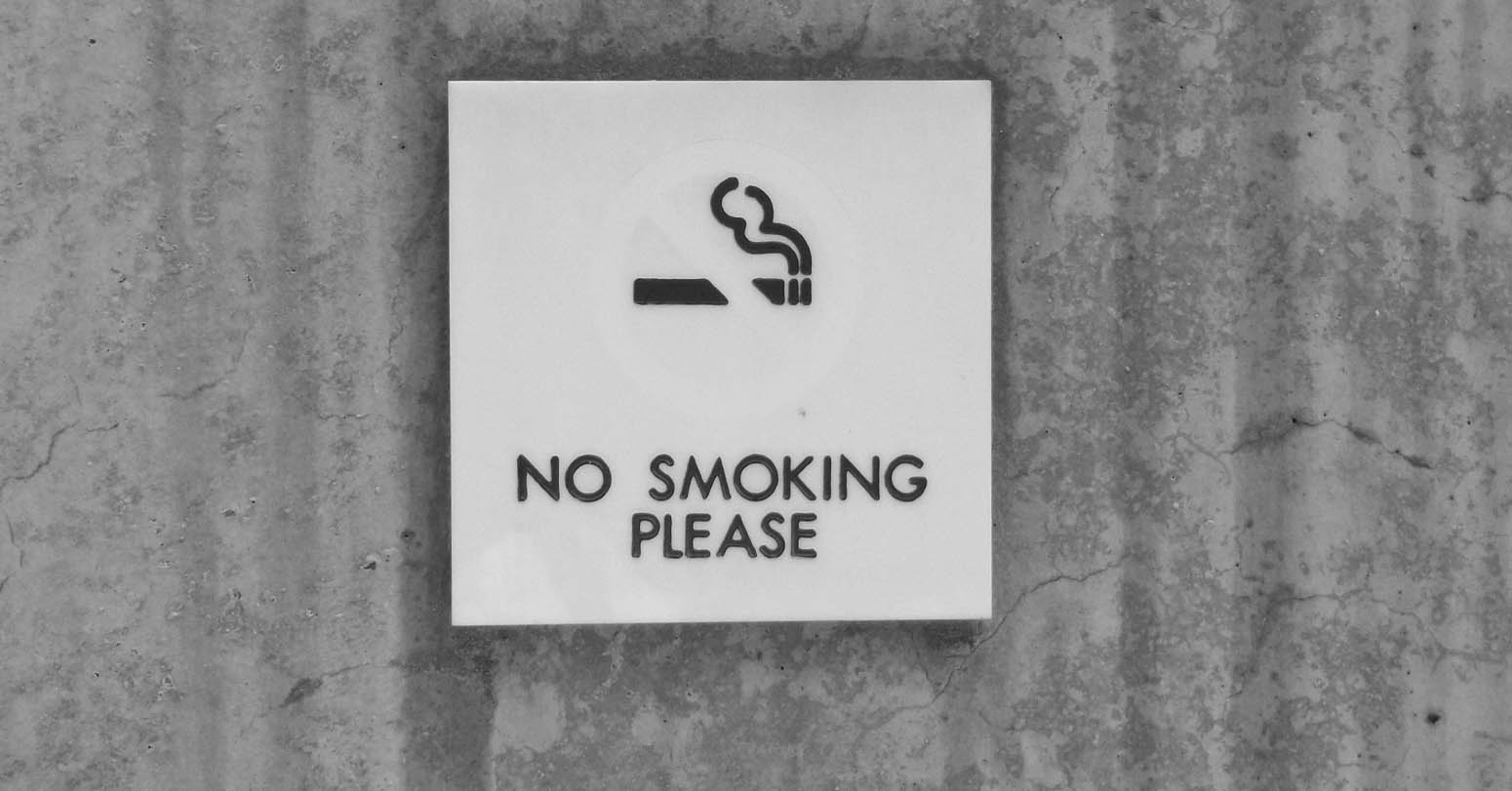
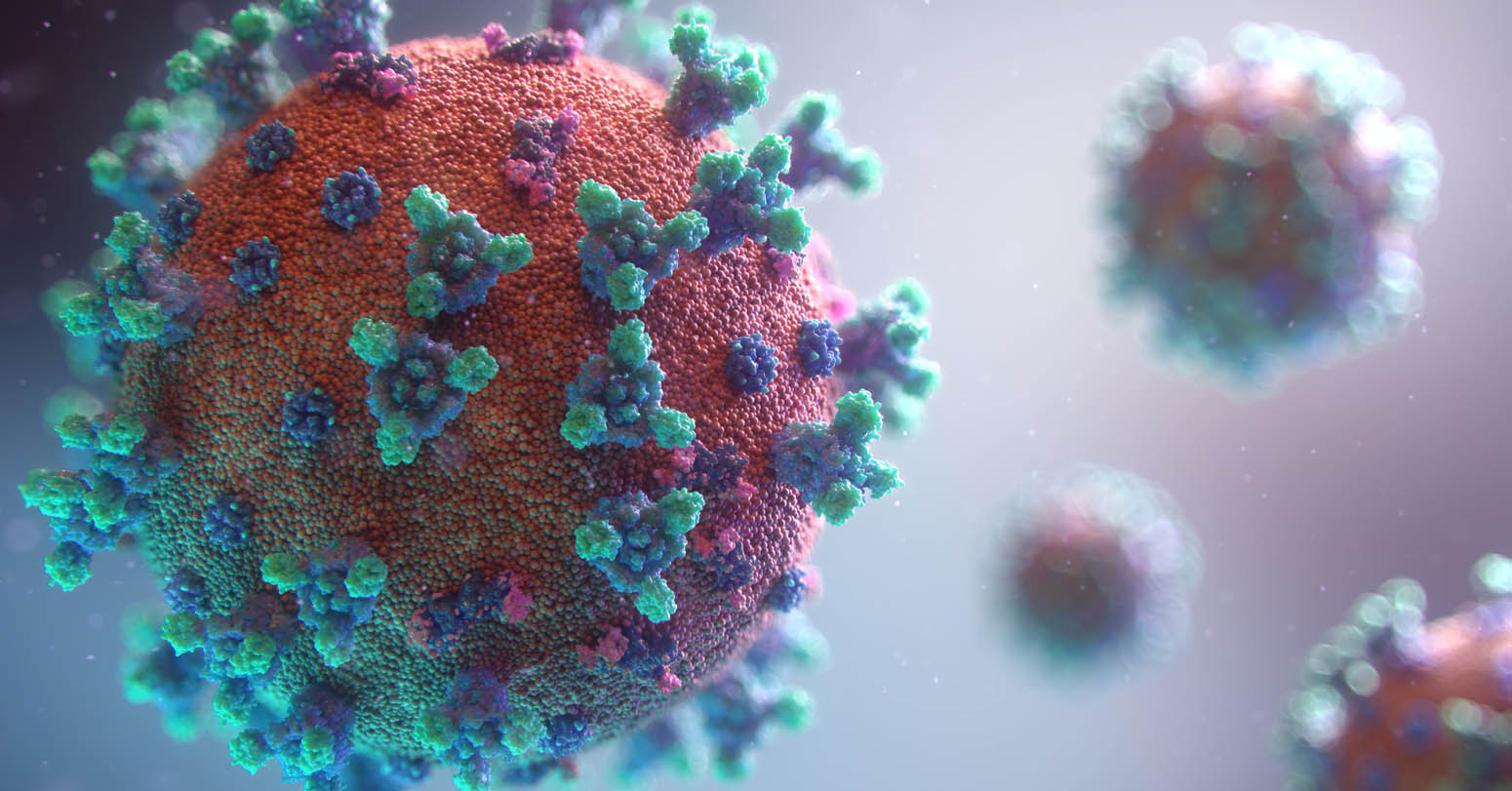
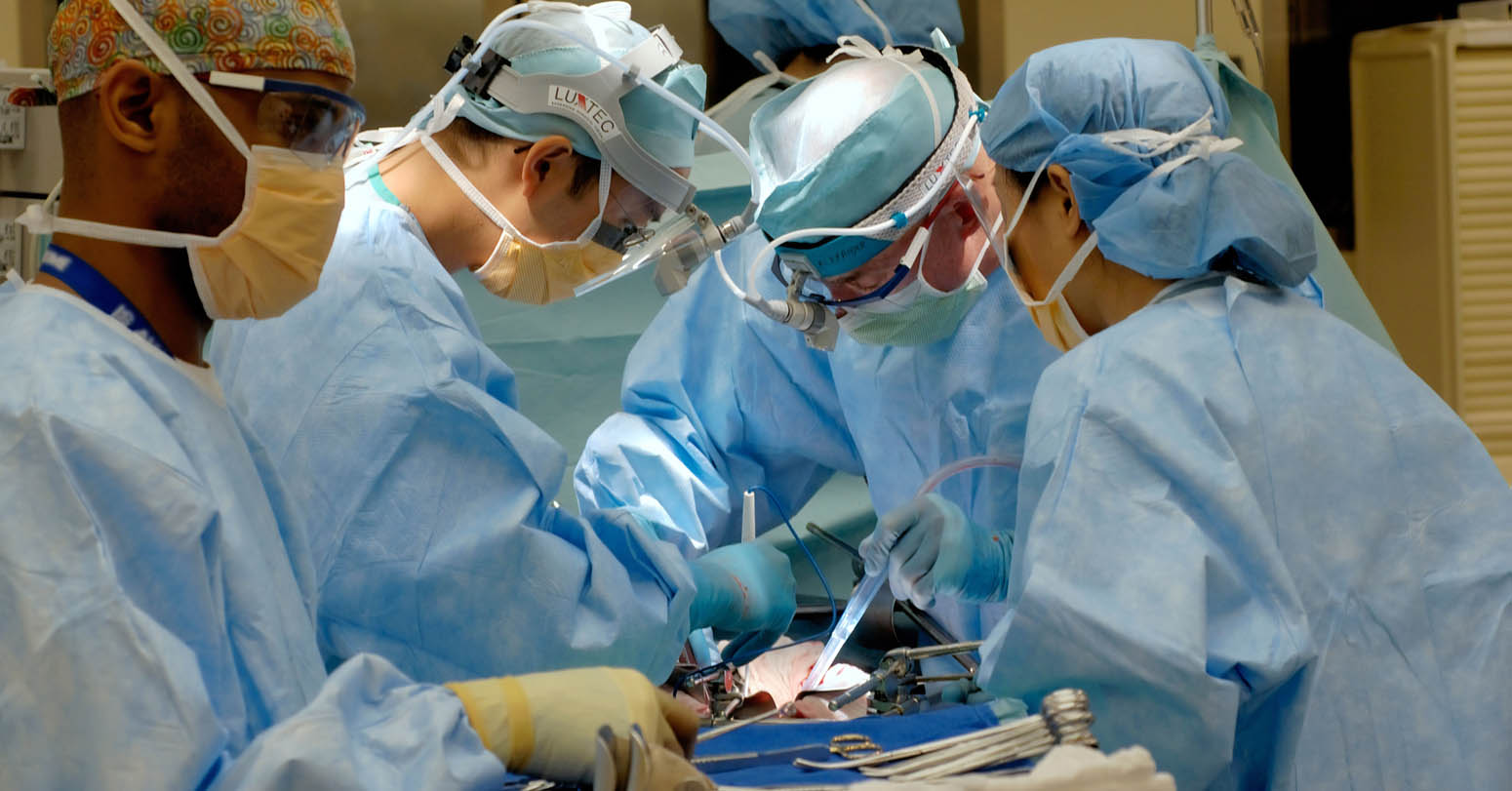
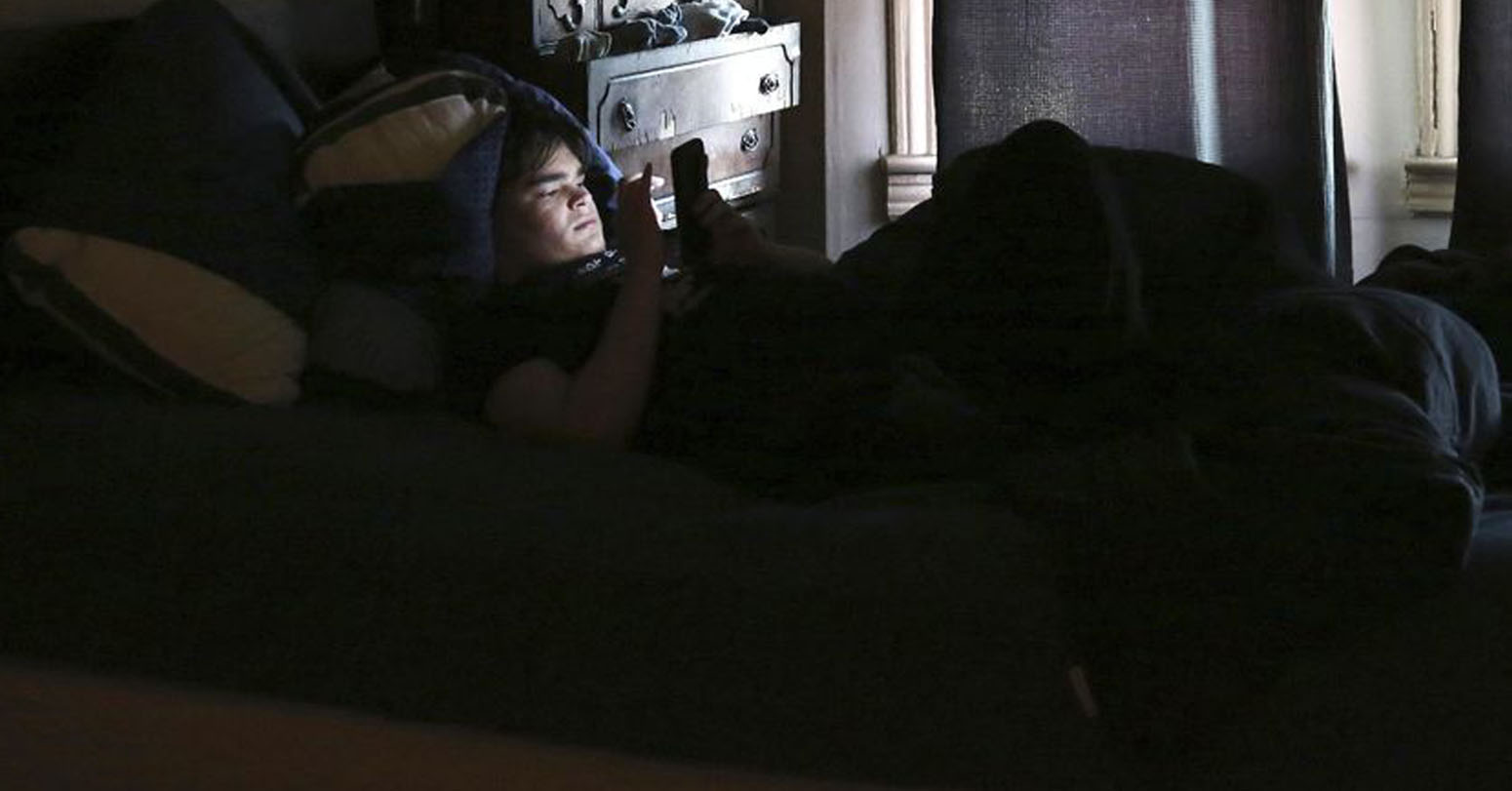





Middle-aged man spends millions to
Dr. Dharam Raj Upadhyay: Man
Children, Greatest Victims Of Sudan’s
Breathing The Unbreathable Air
Comprehensive Data Protection Law Critically
Gender Differences In Mental Healthcare